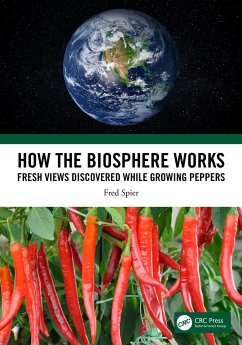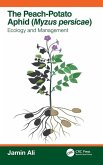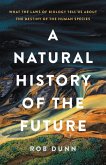How the Biosphere Works: Fresh Views Discovered While Growing Peppers offers a simple and novel theoretical approach to understanding the history of the biosphere, including humanity's place within it. It also helps to clarify what the possibilities and limitations are for future action. This is a subject of wide interest because today we are facing a great many environmental issues, many of which may appear unconnected. Yet all these issues are part of our biosphere. For making plans for the future and addressing our long-term survival and well-being, an integrated knowledge of our biosphere and its history is therefore indispensable. Key Features Documents what the biosphere is, and what our position as humans within it is today. Describes how the biosphere has become the way it is. Summarizes the novel simple theoretical model proposed in the book, and thus, how the biosphere functions. Predicts what the possibilities and limitations are for future human action Emphasizes how simple but careful observations can lead to far-reaching theoretical implications.
Hinweis: Dieser Artikel kann nur an eine deutsche Lieferadresse ausgeliefert werden.
Hinweis: Dieser Artikel kann nur an eine deutsche Lieferadresse ausgeliefert werden.









